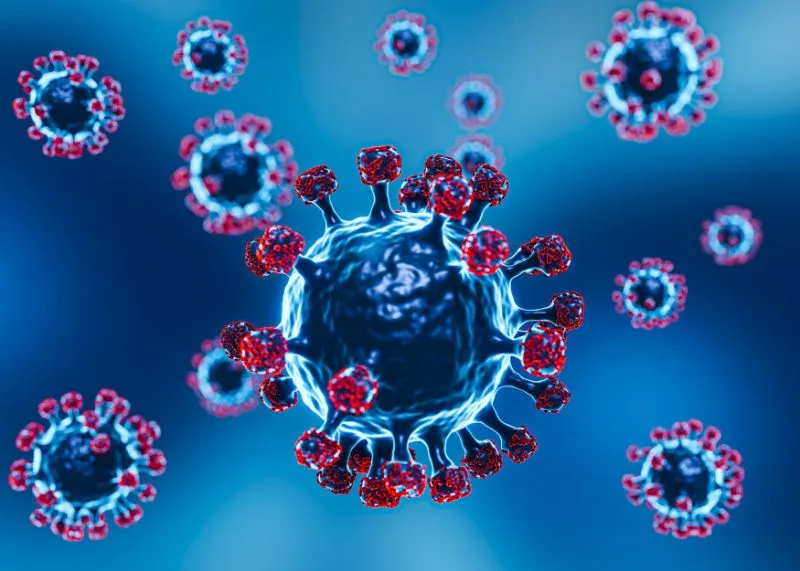The coronavirus COVID-19 has created chaos amongst countries as a global pandemic. Statistics show that more than 2,200,000 people have been affected by this virus leading to over 150,000 deaths across the globe. This virus sprung from China’s city Wuhan and spread at an accelerating rate, spreading across the entire world. What starts as a normal cough and flu can turn out to be lethal to many, especially for people who have a weak immune system.
What are coronaviruses?
While there are hundreds of coronaviruses residing within animals, there are a few that can infect humans too. The transmission of viruses from animals to humans is known as a spillover event. Coronaviruses are of various types such as MERS coronavirus (Middle East Respiratory Syndrome) and SARS coronavirus (Severe Acute Respiratory Syndrome).
Over time, these viruses have come into sight, with the latest one being SARS CoV-2 or the COVID-19. While some of these viruses are mild, some can be acute and serious leading to severe illness and deaths. Even though these viruses have existed for many years, no vaccine has yet been created to cater to their side effects.
How do the coronaviruses spread?
The coronaviruses are capable of transmitting from animals to human beings through a spillover event. What’s more dangerous is the transmission among humans. Coronaviruses like the SARS CoV-2 can quickly transfer through saliva or drops caused by coughing or sneezing. This factor plays an essential role in the spreading of the viruses; hence, people should maintain a respectable distance and cover their mouths while coughing or sneezing.
COVID-19 and its symptoms
After being declared as a global pandemic by the World Health Organization, the latest coronavirus has become a major concern. This virus affects the respiratory system of the host and causes mild illness, which the host can recover from without additional help. However, many facing other medical conditions can lose their battle to COVID-19 as their illness becomes more serious.
There are some typical symptoms, such as a dry cough, flu, and fever associated with COVID-19. It is recommended by the WHO and doctors across the world to self-isolate and become socially distant to prevent the inhibition of the disease. However, if a person feels the symptoms of COVID-19, they can reach out to online medical facilities like Cura4U, where doctors and physicians are present to assist patients.
How to protect oneself from a coronavirus
Coronaviruses are diseases that infect the respiratory systems of people, so the primary step is to take care of personal hygiene. If you cover your mouth with your hand while coughing or sneezing, make sure you wash it thoroughly with soap. If you touch a surface carrying any one of these viruses, you should sanitize your hands instantly and avoid contact with your face.
Since the coronaviruses are found within animals, it is also necessary to maintain a safe distance from precarious animals. To avoid transmission from animals to humans, you should cook the meat thoroughly. Moreover, if you touch an animal, make sure you wash your hands with soap instantly.
What happens if you get affected by a coronavirus?
As of now, there are no vaccines to tend to any of the coronaviruses; however, some of the basic symptoms can be treated accordingly. If anyone shows the signs of a coronavirus, there is no need to panic. To be sure of your illness, you can book an online lab test and get results quickly.
The most appropriate measure would be to go into isolation and quarantine yourself for 14 days until your symptoms start to wear down. Since the coronaviruses can spread at a high pace, it is integral to keep everyone around you safe.












